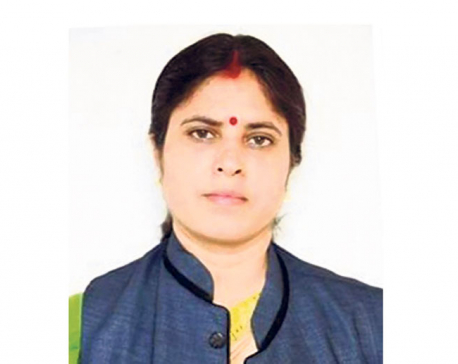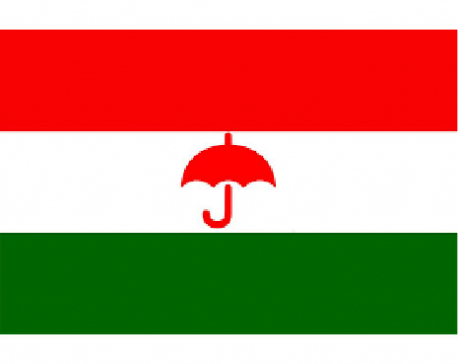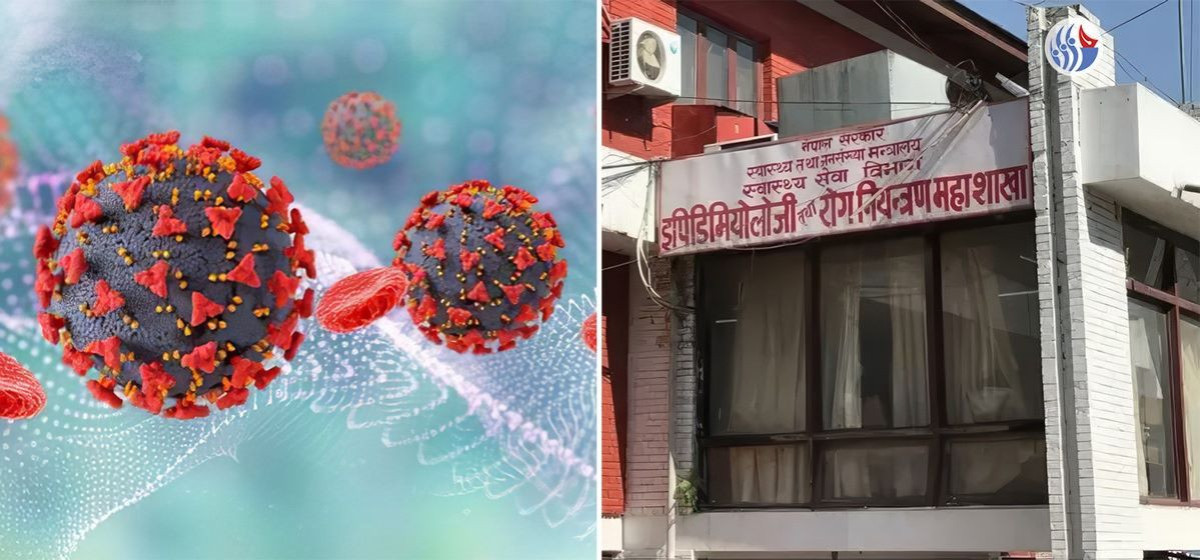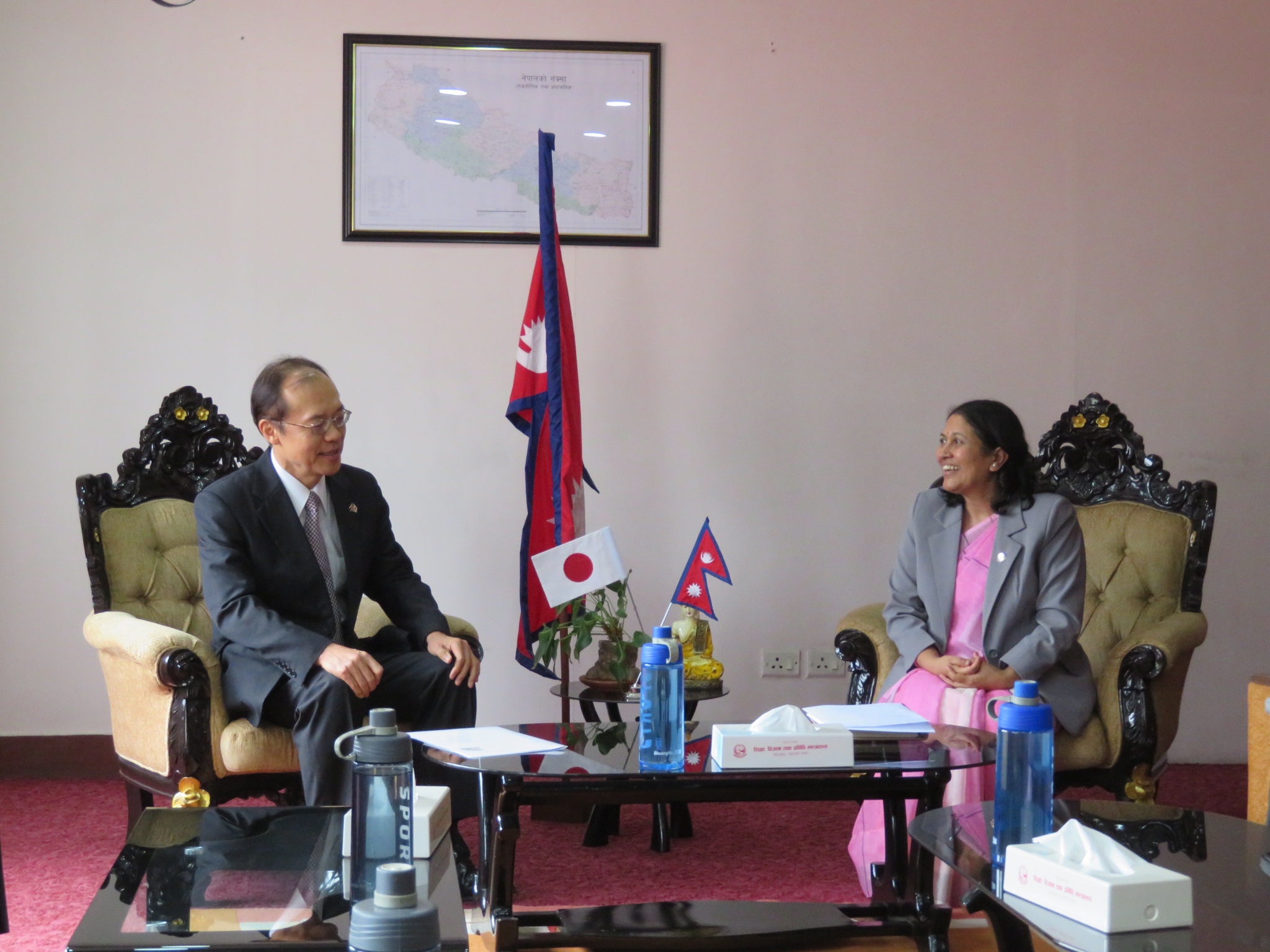
OR
RJPN says EPG report doesn’t represent national voice
Published On: August 27, 2019 08:42 AM NPT By: Republica | @RepublicaNepal
KATHMANDU, Aug 27: While the Indian prime minister appears reluctant to receive the joint-report prepared by the Nepal-India Eminent Persons Group (EPG) on reviewing all bilateral treaties and other issues, a Rastriya Janata Party Nepal (RJPN) leader has said the report doesn’t represent the voices of all sectors of Nepal.
Speaking during the special hour in parliament on Monday, RJPN presidium member Mahindra Raya Yadav claimed that the EPG report doesn’t represent the voices of the people residing along the Nepal-India border.
“The EPG team on Nepal’s side was not inclusive so it doesn’t represent the voices of all regions and communities of the country. There was no member from the opposition party and from Madhes, which shares border with India,” said Yadav.
Yadav also demanded that the EPG team should be restructured to ensure that its report is more inclusive and representative of all communities of Nepal. The two-year term of the 10-member joint team expired on July 4, 2018.
The RJPN leader’s comment came immediately after the visit of Indian foreign minister S Jaishankar last week to attend the Nepal India Joint Commission meeting. Nepal has been urging India to receive the report jointly prepared by the EPG, which included members of both countries. The ninth meeting of the EPG held in Kathmandu on June 30, 2018 had come up with a single joint report to be submitted to the prime ministers of both the countries for their consideration.
EPG members from Nepal and India had agreed during their last meeting to first submit the joint report to Indian Prime Minister Narendra Modi in New Delhi and then to Prime Minister Oli in Kathmandu before disseminating its recommendations through media.
Although the report is yet to be officially made public, a section of Indian policymakers have already expressed their dissatisfaction over some of the recommendations of the report. Media reports suggest that the EPG report recommends introducing ‘smart border’ and replacing or revising the 1950 Peace and Friendship Treaty. The controversial treaty served as the basis of bilateral relations between post-Rana era Nepal and post-British rule India.
The EPG was mandated to review all aspects of bilateral relations including the 1950 treaty.
You May Like This

Resignation of RJPN state minister opens possibility of govt change in Province 2
LAHAN, Jan 29: At a time when rumors are rife about a possible change of government in Province 2 amid... Read More...

RJPN lobbies for Deputy Speaker as its bonhomie with NCP grows
KATHMANDU, Dec 25: Rastriya Janata Party Nepal (RJPN) which earlier agreed with ruling Nepal Communist Party (NCP) to support each... Read More...

RJPN meet kicks off today to discuss merger
KATHMANDU, April 22: As a three-day meeting of the Rastriya Janata Party Nepal (RJPN) kicks off in the capital Monday,... Read More...











Just In
- Nepal at high risk of Chandipura virus
- Japanese envoy calls on Minister Bhattarai, discusses further enhancing exchange through education between Japan and Nepal
- Heavy rainfall likely in Bagmati and Sudurpaschim provinces
- Bangladesh protest leaders taken from hospital by police
- Challenges Confronting the New Coalition
- NRB introduces cautiously flexible measures to address ongoing slowdown in various economic sectors
- Forced Covid-19 cremations: is it too late for redemption?
- NRB to provide collateral-free loans to foreign employment seekers







Leave A Comment